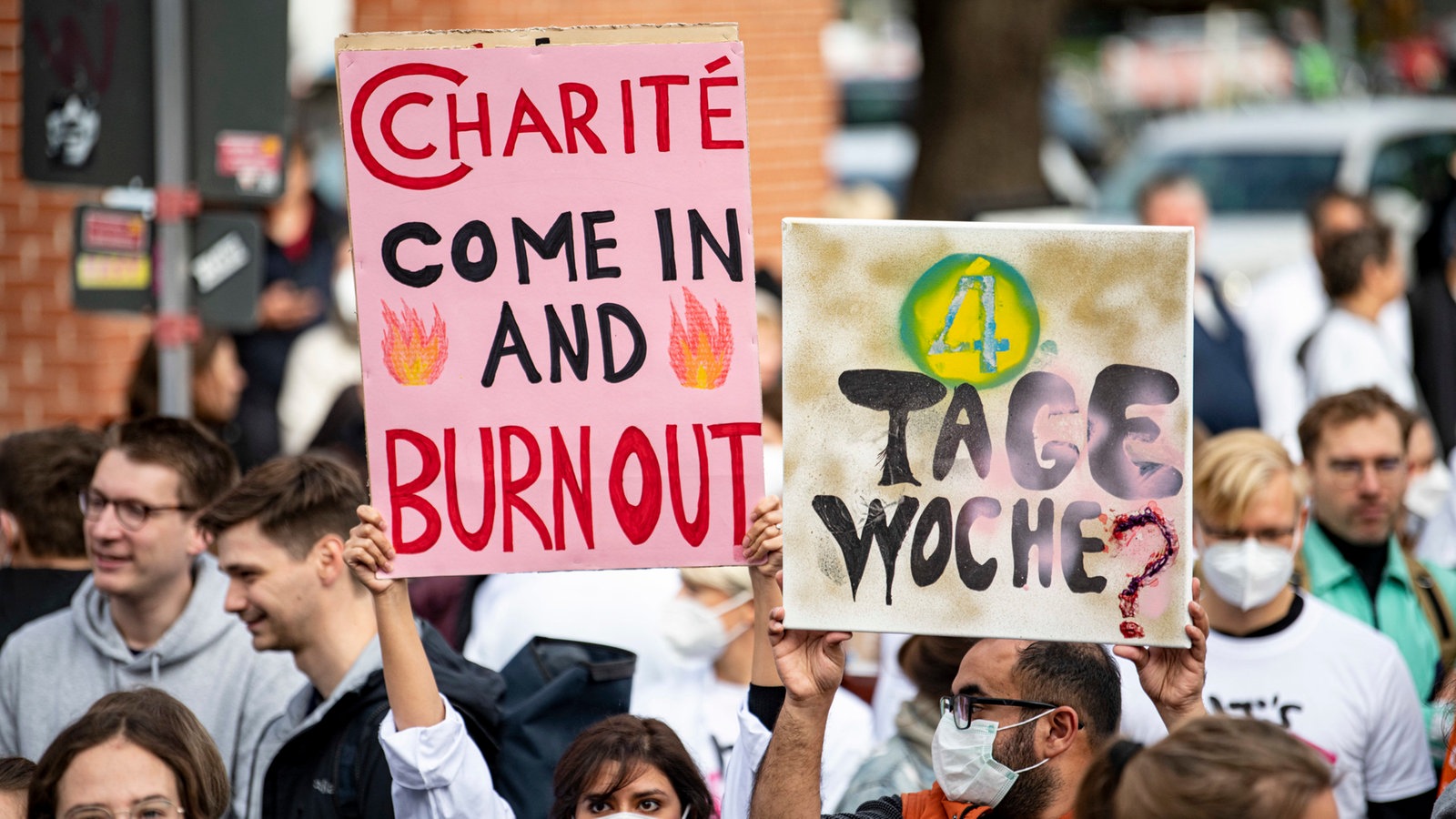Google has escaped legal action after violating the privacy of around 5.4 million iPhone users in the UK.
The UK Supreme Court ruled that it could not allow an American-style class action lawsuit against the search giant after it deliberately created an alternative to track Safari users.
The ruling, read by Lord Leggatt, focused on procedural issues such as the intersection between Google’s data protection laws in the US and those in the UK. But more important was the issue of “damages” and the fact that the plaintiffs, led by consumer rights attorney Richard Lloyd, had failed to establish that the pecuniary damage was caused by the plan created by Google.
Google, you owe us
The story begins in 2017 with Lloyd and many others, who formed a group called “Google You Owe Us” to try to sue the company. In its accusations, the group accuses Google of illegally collecting data on iPhone users between June 2011 and February 2012, in violation of British law.
The case was based on the fact that Google had deliberately created a solution to access data to which it otherwise had no rights. Lloyd and the other plaintiffs lost in the Supreme Court, but that initial decision was overturned by the UK Court of Appeal. In this case, he claimed that it was entirely appropriate for Google to face court after willful misuse of personal data without consent.
American-style class actions are not common, not even provided for in UK law, although it is possible for a large group of litigants to take joint action.
Lloyd and the members of this indictment were attempting to establish that Google’s search engine tracking was, in itself, detrimental and, by extension, a standard level of compensation could be calculated. This is the fact that the Supreme Court most clearly rejected, noting that a fixed amount, supposedly set at around £ 750 (around € 880 per affected user) was not fair compensation.
David Barker of Pinsent Masons, the law firm Google hired to fight the case, wrote that the ruling supports the idea that compensation can only be claimed in cases where actual harm has been caused. And that Google’s aggregation of personal data was simply insufficient to cause real harm or mental anguish.
Richard Lloyd, who filed the lawsuit, told Sky News that he was “bitterly disappointed” that the court “has not done enough to protect the public from Google and other big tech companies breaking the law.” And that this movement is, in effect, writing a blank check for big tech companies to continue abusing user data without fear of censorship.
He added that it was time for heads of government to step in and write laws to better address the misuse of personal data.

“Extreme gamer. Food geek. Internet buff. Alcohol expert. Passionate music specialist. Beeraholic. Incurable coffee fan.”







